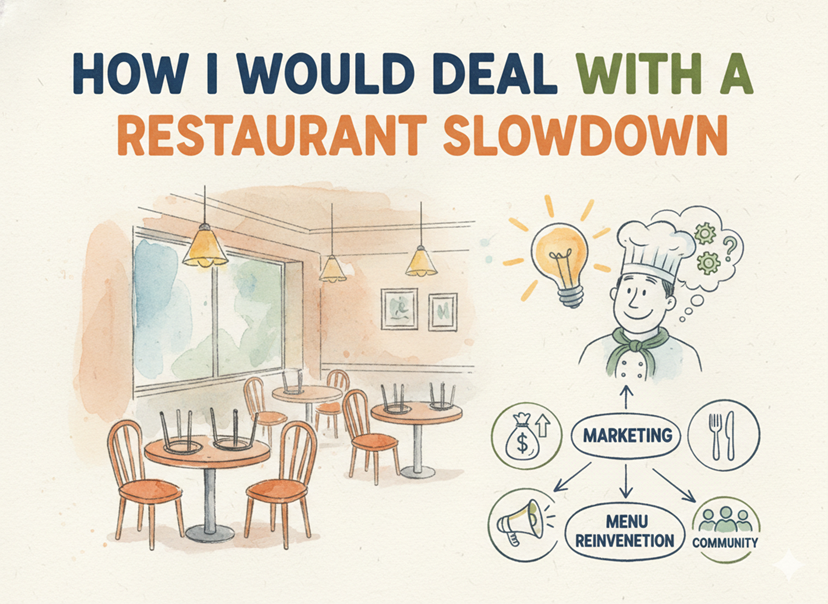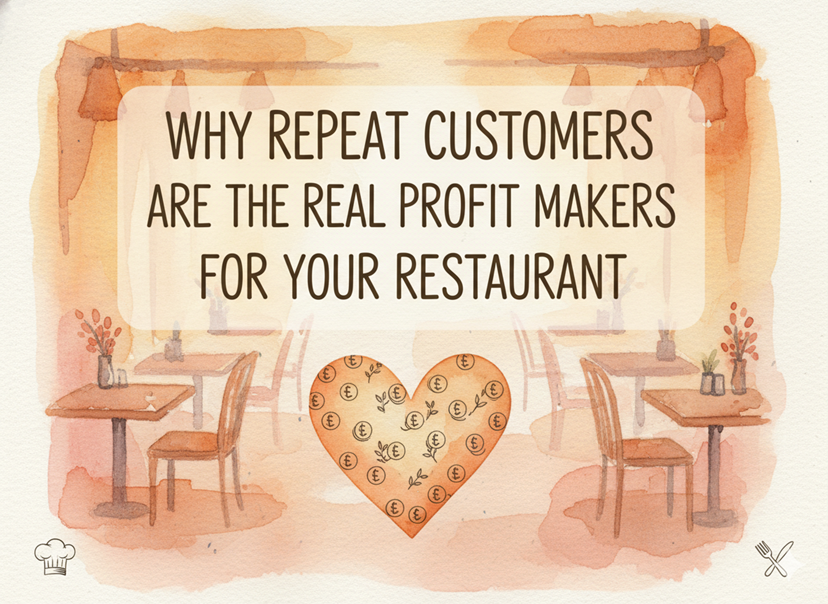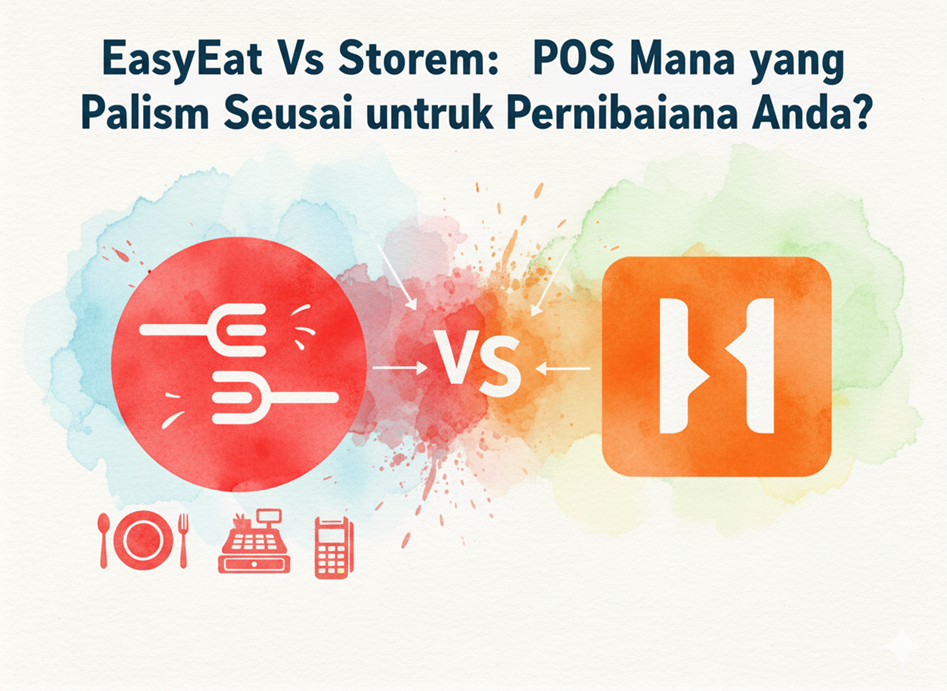It could be really sad when you find out that you could have struck a better deal with another supplier. How do you choose a supplier though?
While selecting a supplier you should consider the quality of Ingredients, Reliability of the supplier, cost and payment terms, product range and availability, sustainability of the ingredients, food safe standards, customer support, reviews, customization, and location of the supplier.
Read more to find out why all these criteria are important for selecting a supplier.
1. Quality of Ingredients
The quality of your food depends on the ingredients you use. That’s why it’s vital to choose restaurant suppliers who provide high-quality products consistently. When selecting ingredient suppliers, ask for samples before making any long-term commitments. You want to be sure that their products meet your standards. Additionally, inquire about their sourcing practices. Suppliers who work with local farmers or sustainable producers may be better suited for your restaurant if quality and ethics matter to you.
Your dishes are only as good as the ingredients that go into them. So, always prioritize quality over cost.
2. Reliability and Consistency
In the restaurant business, reliability is key. You cannot afford to run out of key ingredients during service. That’s why you should choose a supplier who has a track record of timely deliveries and consistent stock availability.
When deciding how to choose a restaurant supplier, look into their logistics. Do they have backup systems if their stock runs low? Can they handle last-minute changes or emergencies? It’s always better to work with someone who is flexible and can adapt to the fast-paced nature of the restaurant industry.
Talk to other restaurant owners who use the same supplier to get honest feedback on their reliability.
3. Cost and Payment Terms
Cost is one of the most important factors when choosing suppliers. While you want quality, you also need to stay within budget. Compare prices among different suppliers but don’t just go for the cheapest option. Cheaper products may compromise on quality, which will eventually affect your customer experience.
Another point to consider is the payment terms. Some suppliers offer flexible payment terms, while others may require payment upfront. Be clear about what works best for your cash flow and negotiate where possible. Good suppliers may offer discounts on bulk orders or loyalty incentives, which can save you money in the long run.
4. Product Range and Availability
Before choosing your restaurant suppliers, look into the variety of products they offer. A good supplier will have a wide range of ingredients, ensuring you don’t have to rely on multiple sources. Having one main supplier can simplify your ordering process and reduce delivery costs.
Ask potential suppliers about seasonal availability as well. If you specialize in a cuisine that requires specific ingredients all year round, ensure that your supplier can meet these needs even during off-seasons. You don’t want to be in a situation where your star dish is unavailable because your supplier can’t deliver the ingredients.
5. Sustainability and Ethical Sourcing
In today’s world, customers are becoming more conscious of where their food comes from. Many people prefer dining at restaurants that source their ingredients ethically. If sustainability is important to your brand, this should be a key consideration when choosing ingredient suppliers.
Find out if your supplier practices ethical sourcing. Do they work with local farmers? Are their products organic or sustainably harvested? Suppliers who care about the environment and ethical farming practices will likely align better with restaurants that want to offer eco-friendly dining experiences.
Being transparent about your sourcing can boost your reputation with customers who value sustainability.
6. Food Safety Standards
Food safety is non-negotiable when dealing with perishable items. Your restaurant suppliers should follow strict safety protocols to ensure the freshness and quality of their products. Ask them about their food safety certifications, storage, and transportation methods.
For example, suppliers who deliver frozen goods should maintain proper temperature control during delivery. Similarly, fresh ingredients should arrive at your restaurant in good condition without any risk of contamination.
Failing to ensure food safety can lead to serious health risks for your customers and harm your restaurant’s reputation.
7. Customer Support and Communication
Good communication is crucial when working with suppliers. Whether you need to adjust your order, ask for product details, or handle a delivery issue, you want a responsive and easy supplier to work with. Communication can lead to better understanding, which can improve your business.
When choosing restaurant suppliers, assess their customer support. Do they respond to inquiries quickly? Do they offer multiple contact channels like phone, email, or chat? A supplier with excellent customer service will make your life easier and ensure smooth operations.
Test their responsiveness before signing any contract by calling or emailing them with basic questions.
8. Reputation and Reviews
The reputation of a supplier says a lot about their service. Look for online reviews, and testimonials, or talk to other restaurant owners who have worked with the supplier. Pay attention to their delivery history, product quality, and overall satisfaction ratings.
Additionally, consider whether the supplier has experience working with restaurants similar to yours. A supplier who specializes in your type of cuisine or restaurant format is likely to understand your needs better than one who does not.
Don’t hesitate to ask for references from their current clients.
9. Flexibility and Customization
In the restaurant industry, your needs may change over time. You might want to experiment with new dishes or switch to organic ingredients. When choosing ingredient suppliers, find out how flexible they are. Can they offer custom solutions or source specialty items upon request?
Suppliers who can adapt to your restaurant’s changing needs will be valuable in the long term. They can help you grow your menu and keep things fresh for your customers.
10. Location and Delivery Times
The closer your supplier is to your restaurant, the fresher the ingredients and the faster the delivery. Working with local suppliers can reduce transportation time, which helps maintain the quality of perishable items. It also means you’ll have quicker access to products if you run low on inventory unexpectedly.
Consider how often you need deliveries. If your supplier is located far away, delivery times could be longer, which might not be ideal for perishable goods. Always balance cost and convenience when thinking about location.
Having a local supplier also supports your community and may appeal to customers who prefer locally sourced foods.
Choosing the right restaurant suppliers is a critical decision that can impact your restaurant’s success. It’s not just about finding the cheapest option; it’s about ensuring quality, reliability, and good communication. As you evaluate potential ingredient suppliers, consider their food safety standards, sustainability practices, and customer support. Your supplier should be someone you can trust to deliver high-quality products consistently and on time.
By keeping these factors in mind, you’ll be in a better position to make informed decisions when choosing your suppliers, which will ultimately help you run a successful and efficient restaurant. Remember, a good supplier is a partner in your success. So, choose wisely!




